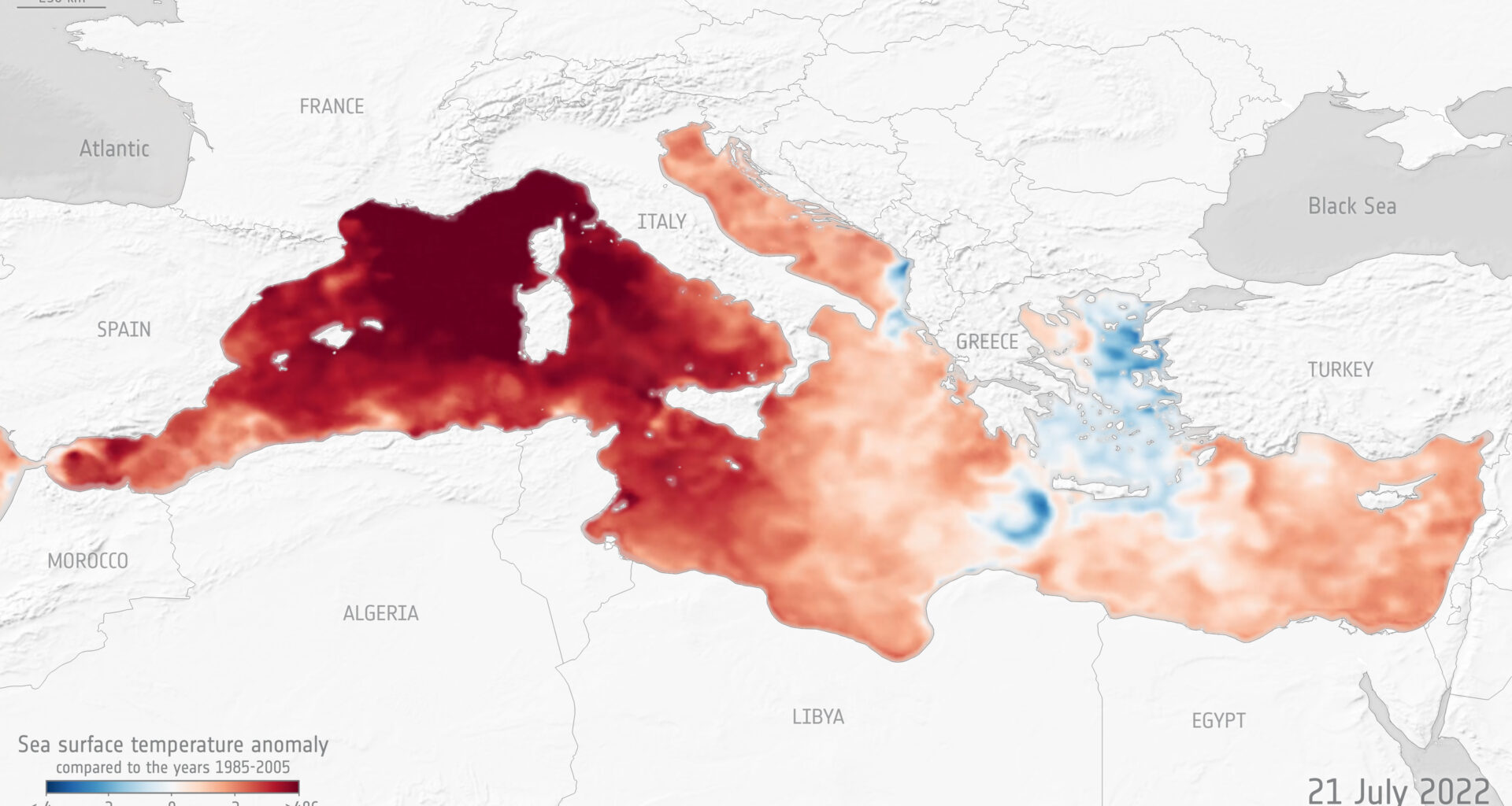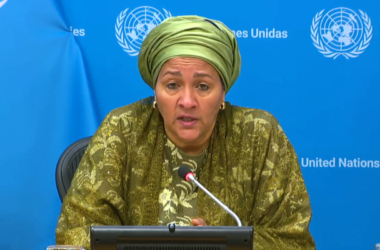Scientists have determined that the extreme heatwave in the Mediterranean would not have been possible without fossil fuel-driven climate change.
Mediterranean countries have struggled with temperatures exceeding 40 degrees Celsius this month. In Morocco, 21 people have died from the heat, while Portugal and Greece have seen an increase in forest fires, and Italy and Spain have experienced water shortages and droughts. At the Olympic Games in France, the heat reached levels that threatened the health of athletes and spectators.
An attribution analysis by the World Weather Attribution (WWA), an international team of scientists, examined the link between climate change and the extreme heat wave that hit much of Europe and North Africa this month. Scientists from universities and meteorological organizations in the United Kingdom, the United States, Sweden, and the Netherlands conducted the study.
They found that this month’s extreme heat would have been impossible without global warming caused by human activities such as deforestation and the use of fossil fuels such as oil, gas and coal.
According to the analysis, extreme heat in July is no longer a rare weather event. In today’s climate, where average temperatures are 1.3 degrees warmer than before the Industrial Revolution due to global warming caused by human activities, an extremely hot July has become a once-in-10-year event.
In addition, temperatures in Europe are 2.5 to 3.3 degrees warmer than the average temperature before the Industrial Revolution due to climate change.
- “Without climate change, Paris would be 3 degrees cooler and safe for athletes”
Commenting on the analysis, Friederike Otto, Senior Lecturer in Climate Science at the Department of Climate Change and Environment at the Grantham Institute at Imperial College London, said that climate change also affected the Olympics.
Otto said, “The world watched as athletes suffocated in 35-degree heat. If the atmosphere had not been overloaded with emissions from burning fossil fuels, Paris would have been about 3 degrees cooler and much safer for sports. Unfortunately, many people in the Mediterranean don’t have the luxury of ice packs, air conditioning, or cool-down breaks at work. For these people, extreme heat can mean death”.
Mariam Zachariah, a researcher at the Department of Climate Change and Environment at Imperial College London’s Grantham Institute, said the dangerous heat scorching the Mediterranean has revealed the extent of climate change.
“Europe is warming twice as fast as other continents and even faster than climate models predict. Climate change is not a distant threat.” (AA)



 UN
UN 




